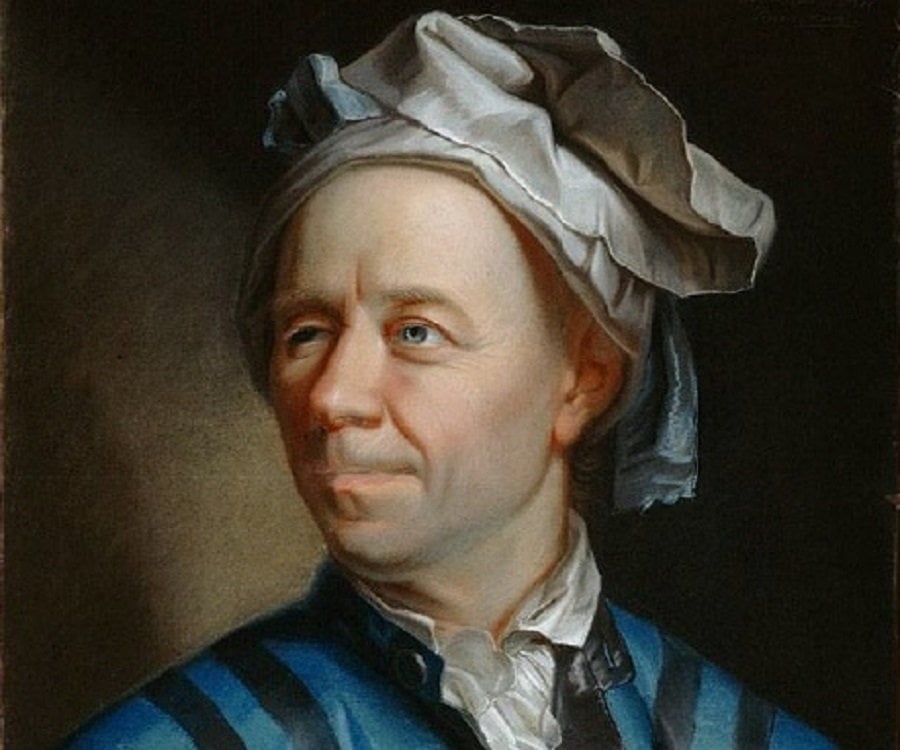- cross-posted to:
- funny@sh.itjust.works
- cross-posted to:
- funny@sh.itjust.works
cross-posted from: https://sh.itjust.works/post/25441344
Hmm… the first three are the reals, but the last one is the rationals. Am I reading that right?
I would just say that the first ones tries to describe the reals, but fail. Similary with the rationals. Like the second one, x belongs to the set containing itself and the real line. So in best case, x is the real line, not a member of the real line.
No, n is rational.
Last one is the Rationals united with a rational number and the empty set (which, union with the empty set is the identity operation)
Yeah, this is gibberish
UxU
I’m really rusty on my set theory symbolism.
Can we get a plain English translation of each of these (probably don’t need a full interpretation, just “how would you read this aloud”).
Between negative infinity and infinity
x is a member in the set of x:es where x is on the real lineNope, it is: x is a member of the set consisting of x itself and the real line.The set of x:es where x is on the real line and the absolute value of x is greater or equal to zero
This one makes no sense… x is a member of the set cosisting the union of: the set of m/n where m and n belong to the integers, n being nonzero; the set x; and the empty set.
Last one makes no sense since x appear to be a set and a rational number at the same time. Implied by the meme it also supposed to be equivalent to the real line, which it is not.
makes sense to me: i dont know the answer :3




